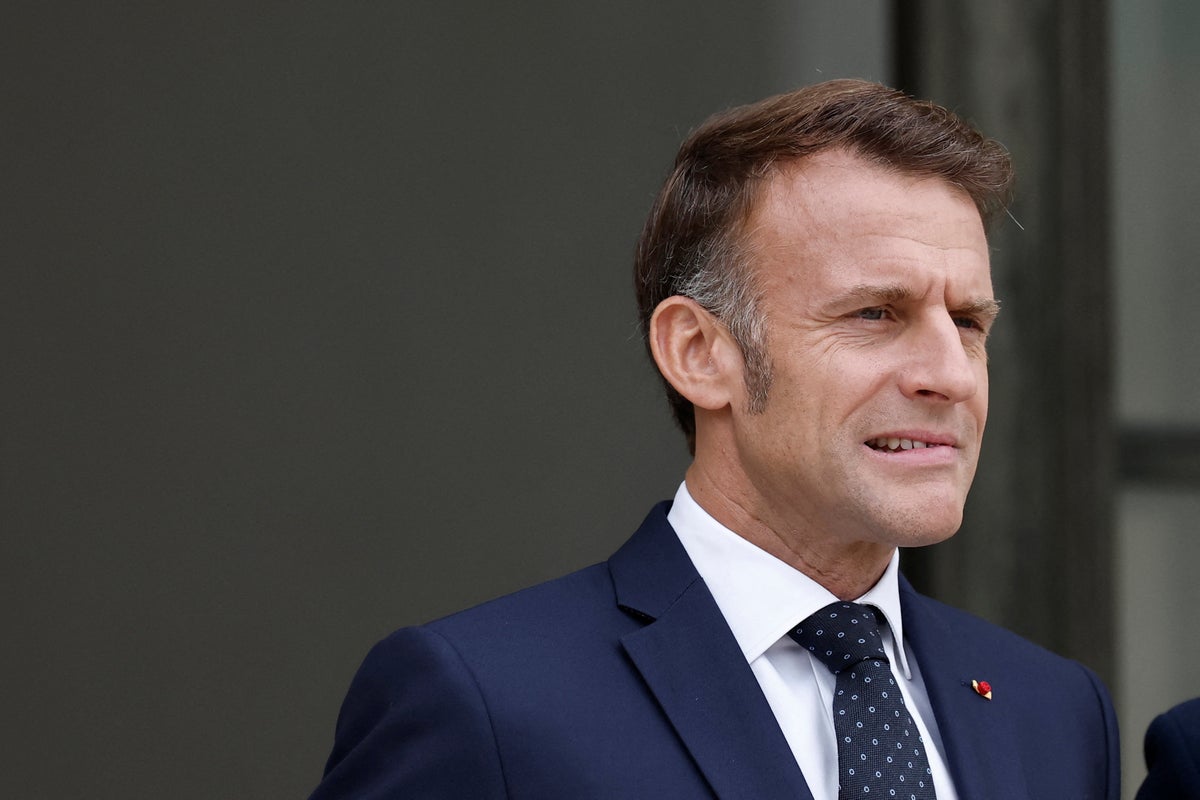France latest fresh political crisis turned into farce this week after prime minister Sebastien Lecornu unexpectedly announced his resignation on Monday, only to be reappointed by Friday.
Lecornu’s initial decision to quit set the tone for another chaotic week in French politics. He threw in the towel less than four weeks after taking office and just 14 hours after he unveiled his minority government.
But within days he was back in the job, reappointed by president Emmanuel Macron and tasked with forming a new cabinet and putting forward a budget next week.
Lecornu said in a statement he accepted the new job offer out of “duty” and had been given a mission “to do everything to give France a budget by the end of the year and respond to the daily problems of our compatriots”.
His 27 days in office were even shorter than Liz Truss’s disastrous turn in No 10 and made him the shortest-serving prime minister in modern French history.
So how did France get to this point, and what happens now?
France’s political crisis come amid economy woes
The political deadlock stems from Macron’s shock decision in June 2024 to dissolve the National Assembly. The snap elections produced a hung parliament, with no bloc able to command a majority in the 577-seat chamber.
The gridlock has unnerved investors, infuriated voters, and stalled efforts to curb France’s spiralling deficit and public debt.
Without stable support, Macron’s governments have stumbled from one crisis to the next, collapsing as they sought backing for unpopular spending cuts.
At the end of the first quarter of 2025, France’s public debt stood at €3.346 trillion (£2.91 trillion), or 114 per cent of gross domestic product.
France’s poverty rate also reached 15.4 per cent in 2023, its highest level since records began in 1996, according to the latest data available from the national statistics institute.
One of Macron’s signature policies has been an extremely unpopular pension reform. Forced through parliament without a vote in 2023 despite mass protests, it will gradually increase the retirement age from 62 to 64.
Why did Lecornu quit?
Forming a government remains a daunting challenge within the obstinacy of an increasingly polarised National Assembly.
Lecornu, a close ally of President Macron, had sought to mend the rift through diplomacy, meeting with political opponents and promising a “rupture” from the patterns of old.
Promises of change offered little tangible reassurance. Lecornu’s new government largely resembled the old one, and fringes on both the left and right were incensed by the decision to keep on Bruno Le Maire, this time as defence minister.
Opposition parties threatened to call a vote of no confidence before Lecornu, cornered, backed down.
What has the reaction been?
Macron’s decision to reappoint Lecornu has enraged some of his fiercest opponents, who have argued the only way out of France’s worst political crisis in decades is for the president to call fresh legislative elections or resign.
Even allies have now started to turn on Macron. Former prime minister Gabriel Attal, who leads Macron’s Renaissance party, said on Monday he “no longer understands” the president’s decisions. Another former prime minister, Edouard Philippe, one of Macron’s most important allies, called on the president to resign and for new presidential elections.
Lecornu’s resignation also panicked the markets. By 8am the same day, the Paris Stock Exchange had fallen by two per cent. The euro slumped 0.6 per cent on the dollar.
The Elysee Palace snuffed out speculation that France was heading for fresh elections when it stated on Wednesday that Macron would name a new prime minister within 48 hours. Instead, he reappointed Lecornu.
Will Macron ultimately resign?
Macron’s choices at the start of the week were to either appoint a new prime minister, to resign himself or to dissolve parliament and call fresh parliamentary elections.
Emile Chabal, a specialist on contemporary French politics at the University of Edinburgh, told The Independent that resigning would be the “nuclear option” and would lead to “extraordinary and volatile realignment of different political groups”.
Elections are no safe bet, either. There is no guarantee a new parliament would be any more stable than the last, and it could invite a far-right majority.
Last summer, Macron took his allies by surprise when he dissolved the National Assembly in response to his coalition’s heavy defeat in the EU elections. The New Popular Front alliance, a left-wing coalition, came out on top, Macron’s centrist alliance came second and the far-right National Rally (RN) placed third. No party secured a majority.
Fringes on the left and right both fancied their chances in a re-run, demanding Macron call another election as soon as Lecornu’s resignation was made public.
French politics is now ‘a tragicomedy’
Dr Pierre Purseigle, Reader in Modern European History at the University of Warwick, described the situation as just “another extraordinary instalment in the tragicomedy that French politics degenerated into over the last year and a half”.
The longer it goes on, the longer France lingers in limbo without fixing its ballooning financial crisis. This can only hurt Macron’s reputation, and voters are already apathetic.
“Much of the electorate remain animated by a desire to kick Macron, his government and indeed most politicians out of office,” Dr Purseigle explained.
Ousting Macron is no guarantee of fixing inertia, either. Elections “may simply lead France to sink deeper into the paralysing mire it’s been in for over a year”, Dr Purseigle said. “Meanwhile, none of the severe economic, social and international challenges the country faces will be addressed as they surely must be.”

